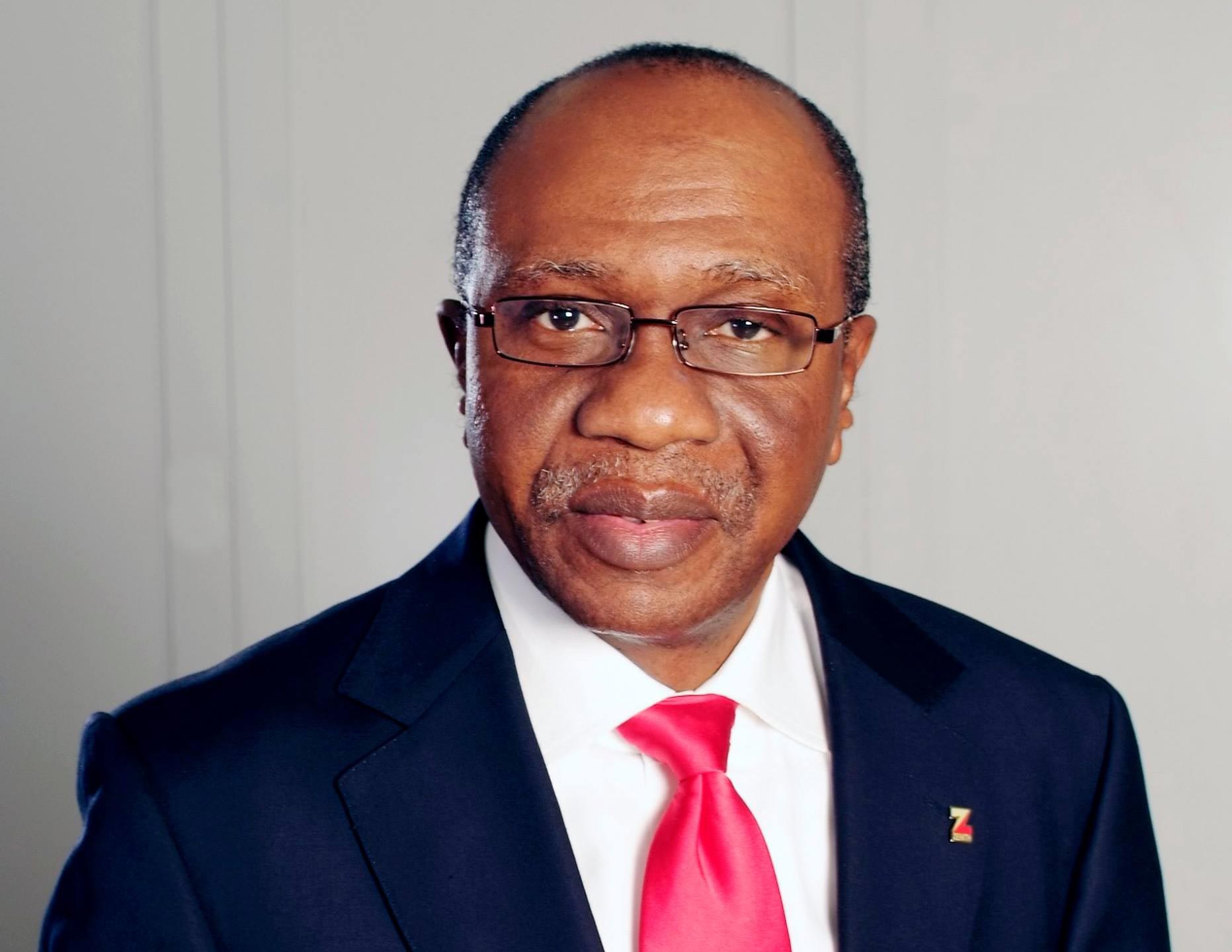Nigeria’s foreign exchange reserves have begun a “gradual recovery” thanks to the central bank’s management of dollar demand and the government’s effort to plug leakages, Central Bank of Nigeria’s (CBN) Governor Godwin Emefiele said yesterday.
Reserves stood at $31.89 billion on July 7, up from $29.1 billion at the end of June but still below $37.3 billion a year ago, Emefiele told lawmakers when he met with them in the National Assembly.
The central bank has spent around $5 billion since January defending the naira, which was hit by last year’s plunge in oil prices.
With “the strong efforts of President Muhammadu Buhari … to plug all leakages, as well as the vigilant demand management of the central bank, we have seen our foreign exchange reserves begin a gradual recovery,” he was quoted by Reuters as stating.
Buhari has vowed to recover billions of dollars allegedly stolen by officials and restore financial “sanity” in Africa’s biggest economy.
Emefiele said the central bank’s forex policies have led to a “significant stabilisation” in the exchange rate and an improvement in market sentiments.
However, stocks fell yesterday to a three-month low and the most liquid 5-year bond yield rose close to March levels of 15.5 per cent, as investors fretted over the impact of dollar shortages on the currency market.
The central bank, worried about rising inflation, has said it would not devalue the naira again, after it tightened access to hard currency for the import of a wide range of goods, to save reserves.
Since the new measures, the naira has weakened steadily in the parallel market, hitting a new record low of N233.50 to the dollar yesterday. In the interbank market, it traded near the central bank’s pegged rate of N196.95.
Investors questioned how long the bank’s rate could hold there, when the currency was trading further and further away on the parallel market.
Emefiele told lawmakers that the country’s banking system was in good health and financial market liquidity conditions were stable.







